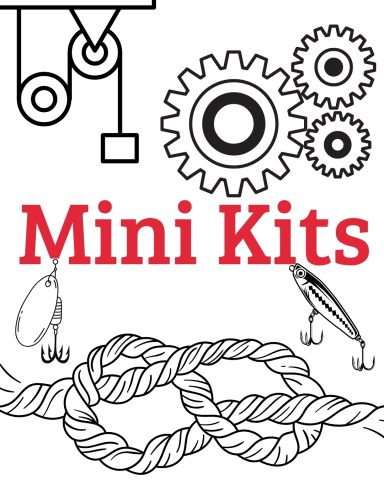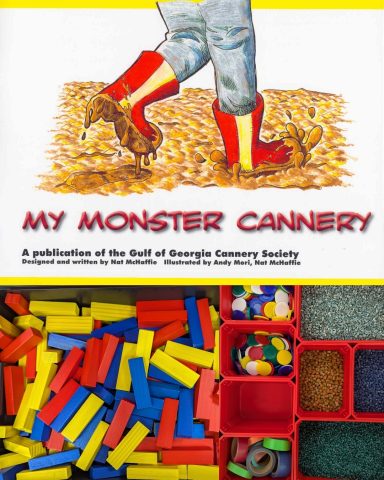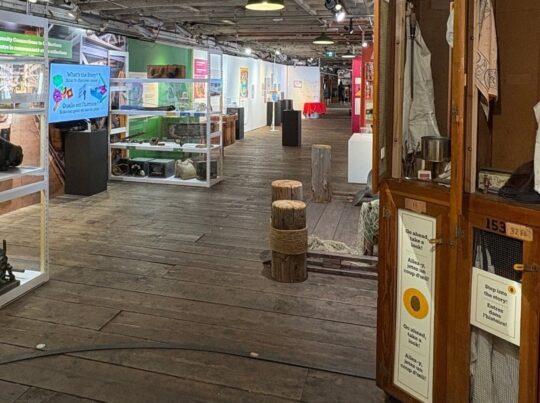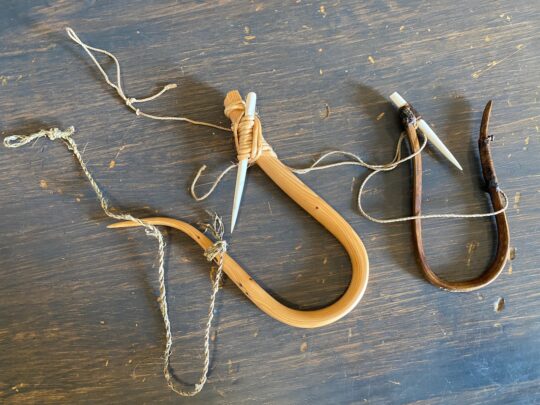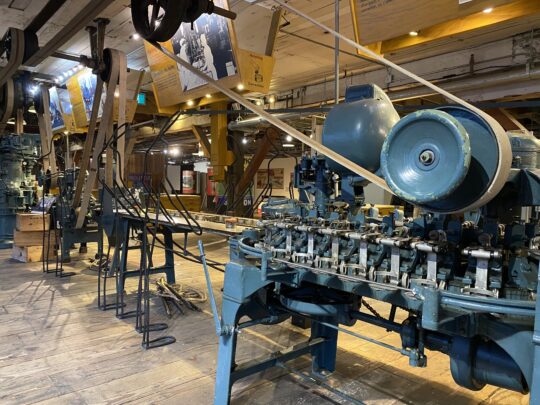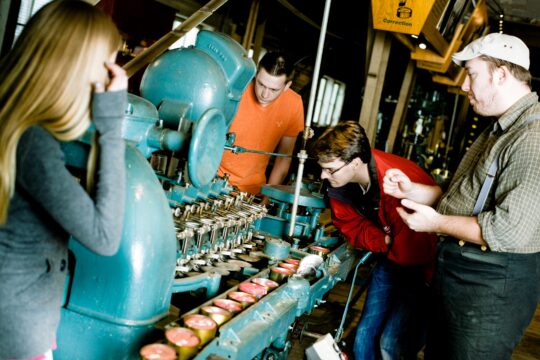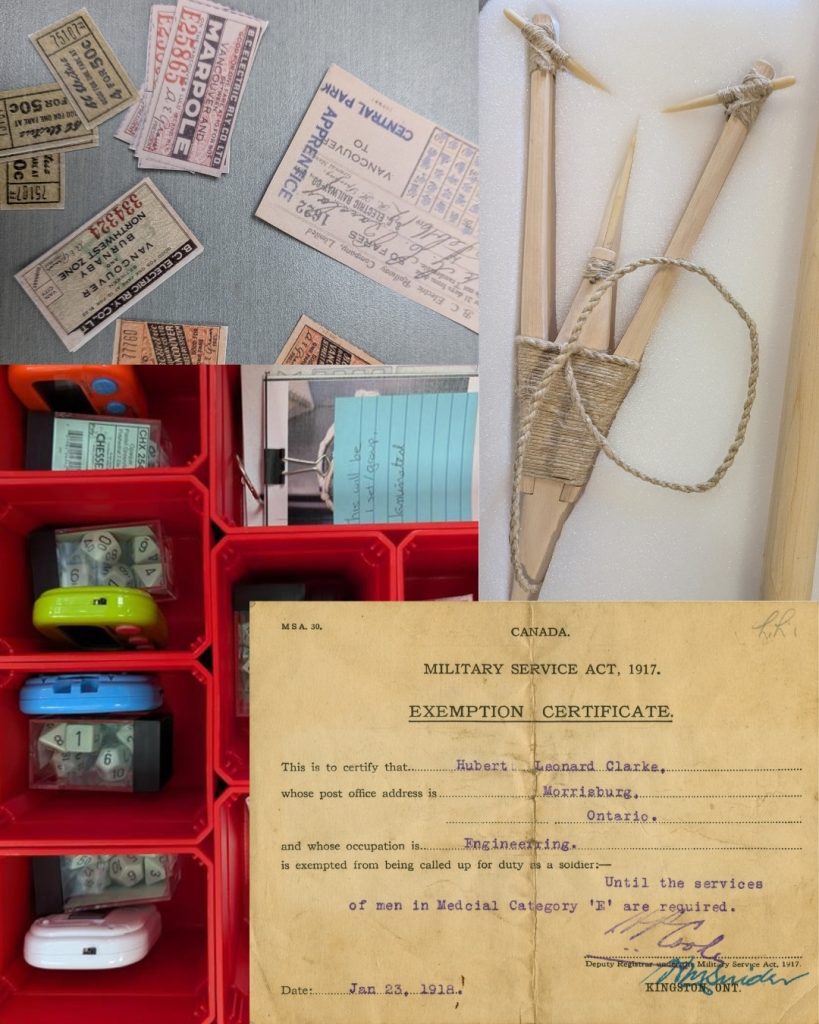
About the Program
It is 1918, four years after the devastating rockslide at Hell’s Gate that blocked millions of Fraser River salmon from reaching their spawning grounds. Salmon stocks have plummeted, and the low stocks are threatening the future of the fishing industry. A commission of stakeholders has been called to determine how to help the species recover from this disaster.
Students will role play and work together to solve the problem. The 1914 Hell’s Gate rockslide and its consequences provide a historic example of the complexities of natural resource management that is still relevant today.
This program makes connections between all six Historical Thinking Principles; historical causes of today’s environmental concerns; and the shared history of BC, including topics of social justice, science, and Indigenous issues. The program takes a historical event and dramatizes it for relevant contemporary conversations that can be held in the classroom.
For more info click here: Save the Salmon Kit (High School Social Studies)
Program Details
It is 1918, four years after the devastating rockslide at Hell’s Gate that blocked millions of Fraser River salmon from reaching their spawning grounds. Salmon stocks have plummeted, and the low stocks are threatening the future of the fishing industry. A commission of stakeholders has been called to determine how to help the species recover from this disaster.
Students will role play and work together to solve the problem. The 1914 Hell’s Gate rockslide and its consequences provide a historic example of the complexities of natural resource management that is still relevant today.
This program makes connections between all six Historical Thinking Principles; historical causes of today’s environmental concerns; and the shared history of BC, including topics of social justice, science, and Indigenous issues. The program takes a historical event and dramatizes it for relevant contemporary conversations that can be held in the classroom.
How to Pay
• Payments are due on the day of kit pickup.
• Cash, Visa, MasterCard, Debit or a cheque (made out to the “Gulf of Georgia Cannery Society”) are accepted.
• We are unable to provide change for cheques, so please ensure that the totals are up-to-date.
School Programs

Spend a day at Steveston’s national historic sites and let us do the planning! The Gulf of Georgia Cannery and Britannia Shipyards now offer joint bookings for up to four classes (Grades 1-6). Click here for detailed booking instructions, program recommendations, and schedules.
